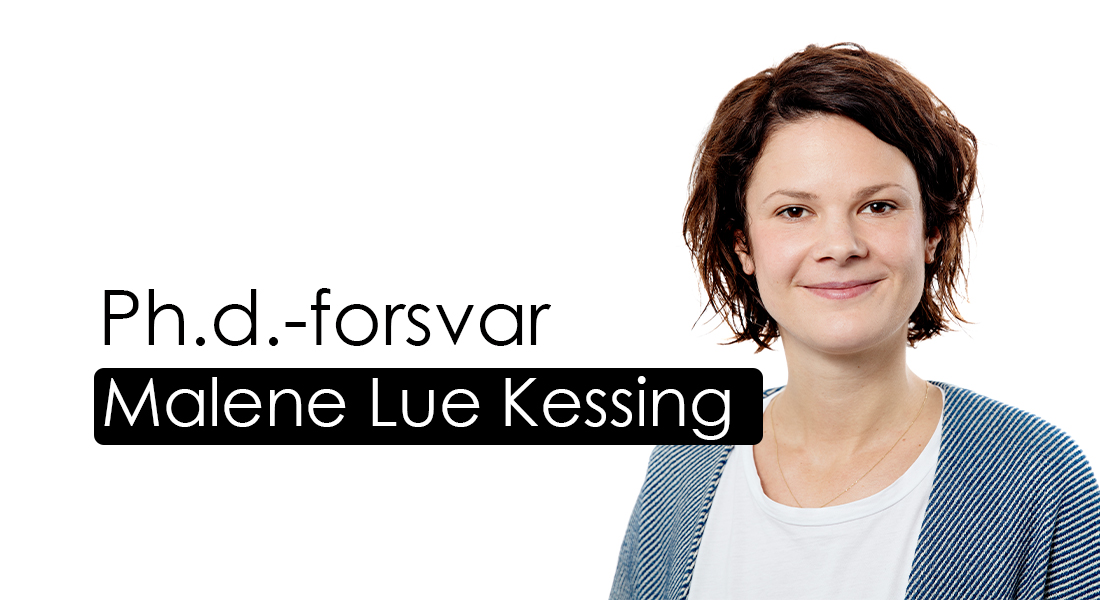Malene Lue Kessing forsvarer sin ph.d.-afhandling på Sociologisk Institut

Kandidat
Malene Lue Kessing, Sociologisk Institut, Københavns Universitet
Titel
Illlness experiences as a professional tool
An investigation of peer workers in mental health services
Bedømmelseskomité
- Lektor Janus Hansen, Sociologisk Institut, Københavns Universitet (forperson)
- Professor Graham Martin, University of Cambridge, UK
- Professor Tone Alm Andreasen, OsloMet, Norway
Vært
Ph.d.-programleder Bente Halkier
Tid og sted
28. marts 2022, kl. 13:00
Københavns Universitet, Det Samfundsvidenskabelige Fakultet,
Øster Farimagsgade 5, 1353 København K, CSS 25.01.53.
Vær opmærksom på, at forsvaret foregår på engelsk.
Før forsvaret vil det være muligt at læse en trykt udgave af afhandlingen på Sociologisk Institut, lokale 16.1.23.
Efter forsvaret er instituttet vært ved en reception i lokale 16.1.62, ca. kl. 16
Resumé (in english)
This dissertation examines the inclusion of lived experiences in mental healthcare services through a comprehensive qualitative study of the employment of peer workers. Peer workers are former patients who are now employed to use their lived experiences of mental illness to support patients and strengthen a recovery-oriented approach among healthcare professionals. Empirically, the dissertation draws on 1) field notes from ethnographic fieldwork at two psychiatric hospital wards, where peer workers were employed, 2) interviews with peer workers, healthcare professionals and patients and 3) audio-recordings of real-life peer work consultations. Theoretically, it employs a variety of perspectives, including theories related to experiential knowledge, collective identification, boundary work and othering.
The dissertation makes three overall contributions. First, it demonstrates that the position of peer workers is filled with complexities. While peer workers are welcomed, valued and perceived as important contributors to recovery-oriented mental healthcare, their position is simultaneously questioned, considered unclear and seen as something that needs to be handled with care. Second, it contributes new insights to the ways in which experiential knowledge is used by not only peer workers, but also healthcare professionals and patients to establish collective ties to one another. Third, it brings new perspectives to our understanding of the boundaries between experiential knowledge and other forms of knowledge, demonstrating that such boundaries are ever changing, negotiable and highly dependent on who draws the dividing line.
